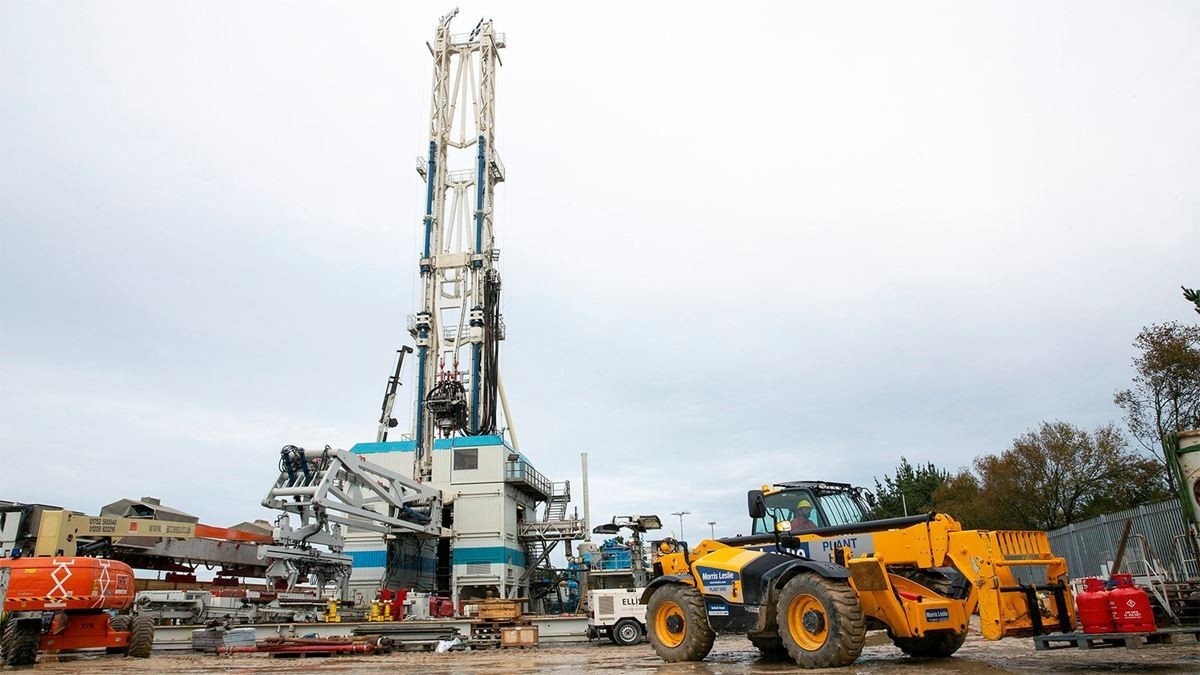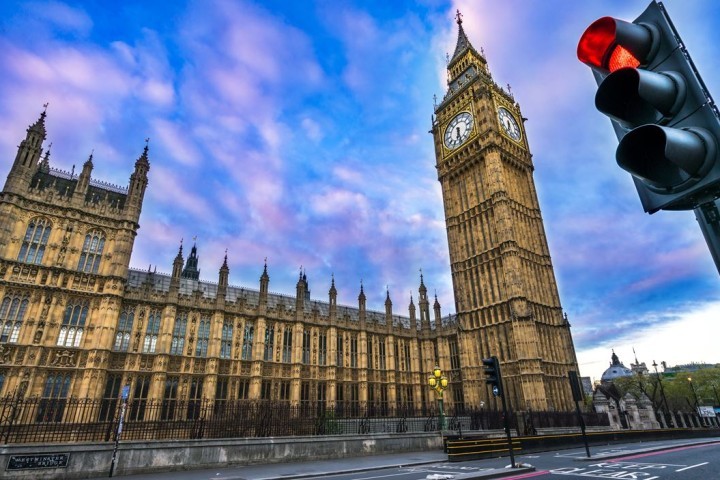Imagine investing tens if not hundreds of millions on a project, based on a agreed government position, only to find that Ministers have changed their mind and won't honour that earlier agreement.
That's what's happened to shale gas.
Back in 2012, the then Secretary of State for Energy and Climate Change, Ed Davey, announced new controls on induced seismicity - that's man-made earth tremors - linked to shale gas 'fracking'.
It was in response to the two minor tremors linked to Cuadrilla's early work in Lancashire a year earlier in April and May 2011.
The announcement came in the form of a Written Ministerial Statement (WMS). In it, Davey said: "As this is a developing area of knowledge, I stress that we will be moving forward with appropriate caution. The controls are not at this stage to be regarded as definitive, but as appropriate precautionary measures for our present state of knowledge. Initial operations under these controls will be subject to careful scrutiny to ensure the effectiveness of the controls. And they will be reviewed, as experience develops, to ensure that they are proportionate to the risks."
It couldn't be clearer: here are some new controls, with a very cautious set of limits that have been intentionally set at very low levels just while we gather more geological data. These are not fixed and will be reviewed once new evidence emerges.
"The controls are not at this stage to be regarded as definitive [...] And they will be reviewed, as experience develops"
That was seven years ago.
The expectation at the time was that fracking on the Fylde would quickly resume and the new data would be available to trigger the sort of scientifc review envisaged, and so Cuadrilla and its partners continued to invest heavily.
Campaigners and activists opposed to shale threw everything (including the kitchen sink) at delaying the industry's progress and so, in the event, fracking didn't get underway again until late 2018.
As soon as new geological data was available from Preston New Road, Cuadrilla asked the government to conduct an expect review to see if the very low 0.5 magnitude threshold (at or above which pumping has to cease for 18 hours) could be safely raised - quite rightly expecting it to stick to its 2012 promises.
But government hasn't. Instead, Ministers have steadfastly dug their heels in and point-blank refused to conduct any sort of review, letting politics and NGO lobbying dictate the future of Lancashire's shale gas industry rather than science.
Talk about 'moving the goal posts'.
The trouble is, it sends a worrying sign to businesses more generally: if it can play fast and loose with policy and regulation relating to shale gas, what's stopping it from doing so in your particular industry and undermining your success?
This is why Lancashire business leaders should be four-square behind telling government to stick to its promises and review the traffic light system in order to send a clear message: businesses need certainty if they are to invest, but this kind of flip-flopping undermines confidence and risks styming much needed growth.
Meanwhile in Cornwall...
As you read this, work continues on drilling the UK's deepest ever borehole for a geothermal energy project.

It works by drilling two wells in close proximity into granite rock which is hot. Fluid is then pumped between the two wells to enhance a network of naturally occuring fractures.
In this respect, it's a lot like extracting shale gas using fracking. Except, unlike fracking shale rock which lasts a matter of a few weeks to a few months per well, water will be continuously circulated around this geothermal system for up to 20 years.
And throughout that two decades of operation, the United Downs deep geothermal project will present a constant risk of induced seismicity, which even the developer warns could exceed a magnitude of 4.0 and be felt locally.
Yet, somewhat unbelievably, it has no government mandated restrictions on tremors.
That's quite an inconistency: pegging shale gas here in Lancashire to just 0.5 magnitude but giving a firm in Cornwall free reign to operate at magnitude 4.0 and over.
Given that the processes and risks are so similar, the extraction of shale gas and geothermal energy should be regulated to the same standards. That they are not is another worrying sign that environmental lobby groups and campaigners hold too much sway over government thinking...because you don't see Green councillors complaining about earth tremors in Cornwall, or Friends of the Earth protesting outside the geothermal drilling site.
Enjoyed this? Read more from Lancashire For Shale






















